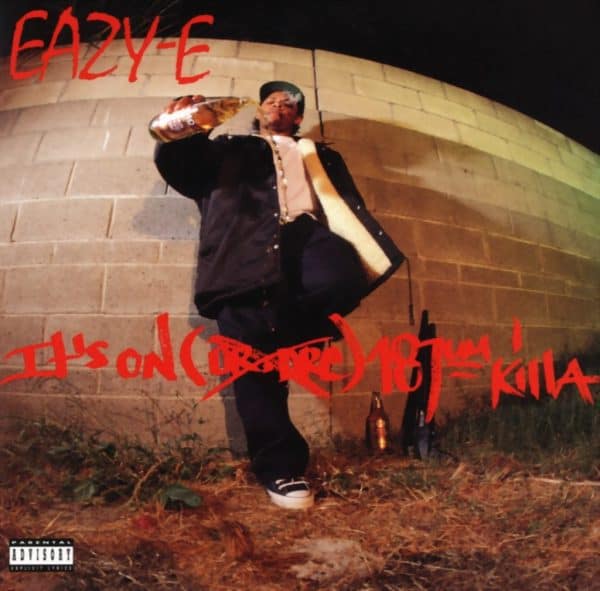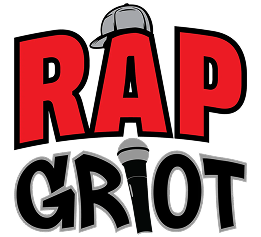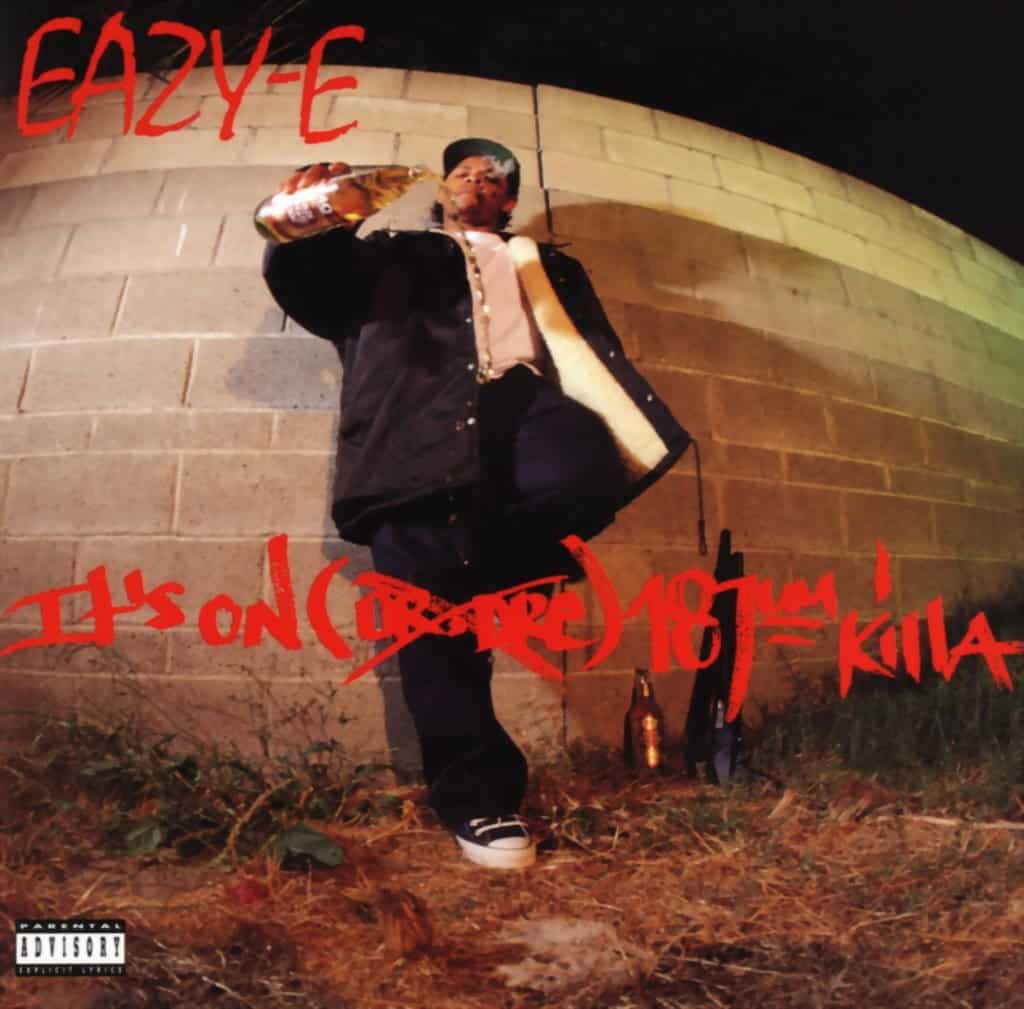
On this day 32 years ago in 1993, Eazy-E released his second solo EP, It’s On (Dr. Dre) 187um Killa, a ruthless response record that became one of the most explosive moments in Hip Hop history. Just one year removed from his 5150: Home 4 tha Sick EP and five years after his classic debut Eazy-Duz-It, Eazy returned with fire in his chest and war on his mind.
By the early 90s, N.W.A had already collapsed under the weight of internal distrust, money disputes, and bruised egos. After Ice Cube’s dramatic departure in 1989 and his venomous diss records aimed at Ruthless Records, Dr. Dre followed suit in 1991, leaving Eazy and Ruthless to join forces with Suge Knight and Death Row Records. Dre’s groundbreaking debut The Chronic not only redefined West Coast sound but also took direct shots at Eazy-E, dragging their personal fallout into the center of rap culture.
Eazy-E did not stay silent.
It’s On (Dr. Dre) 187um Killa was a calculated counterattack. Across its eight tracks, Eazy dissects Dr. Dre’s credibility, questions his street background, and mocks his transformation under Death Row’s image machine. Records like Real Muthaphuckkin G’s and It’s On became West Coast battle anthems, with Eazy standing ten toes down for Ruthless Records while refusing to let Dre rewrite history.
But beyond the disses, the EP also showed Eazy growing as an artist. His delivery was sharper, his confidence stronger, and his signature sneering cadence landed with more precision than ever. Whether fueled by betrayal or pure competitive energy, Eazy sounded locked in. He embraced his identity as Hip Hop’s villain and wore it like a badge.
Commercially, the EP was a massive success. It debuted at number five on the Billboard 200, hit number one on the Top R&B/Hip Hop Albums chart, and sold over 110,000 copies in its first week, earning double platinum status by 1994. It would become the final project released during Eazy-E’s lifetime before his death in 1995.
Three decades later, It’s On (Dr. Dre) 187um Killa remains one of rap’s most infamous diss projects. It represents the raw intensity of early West Coast Hip Hop, the fallout of rap’s most influential group, and the legacy of Eric Wright, the undisputed Godfather of Gangsta Rap. Eazy spoke his truth in real time, and Hip Hop never forgot it.

